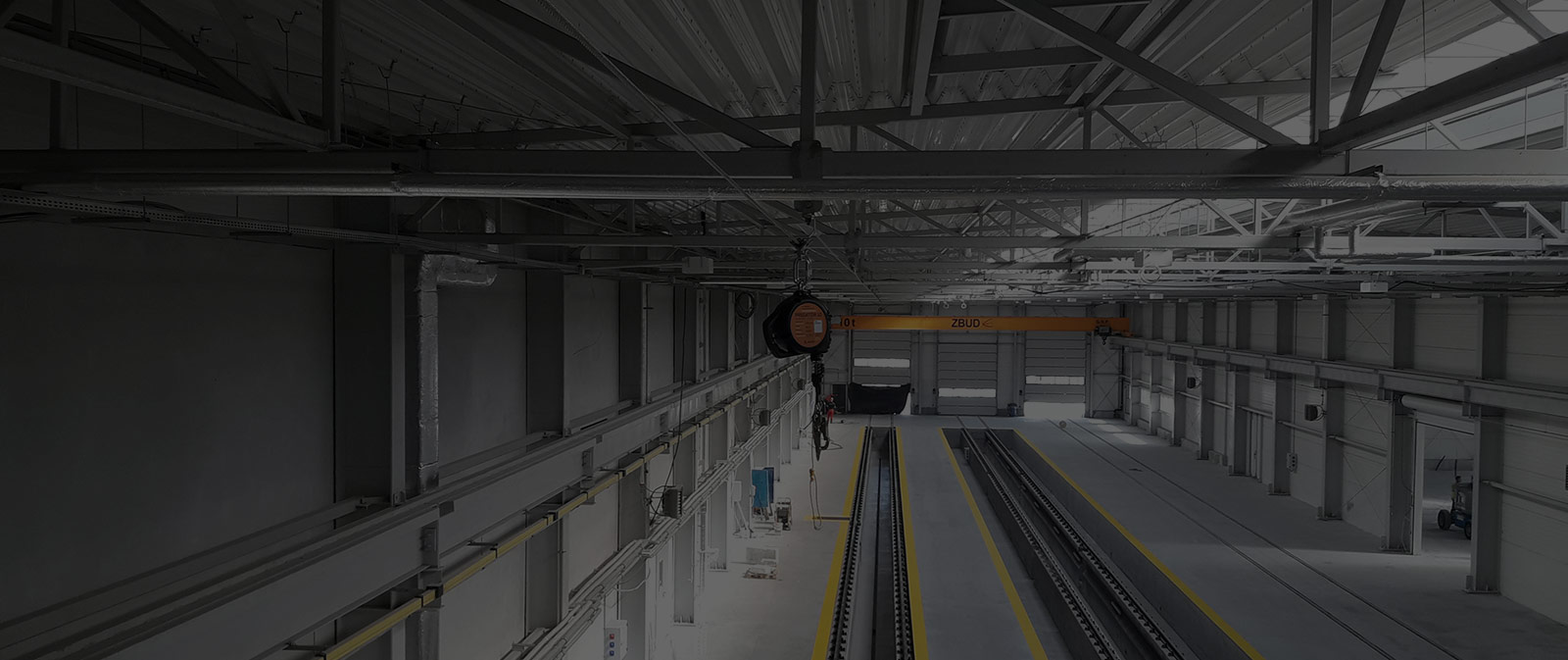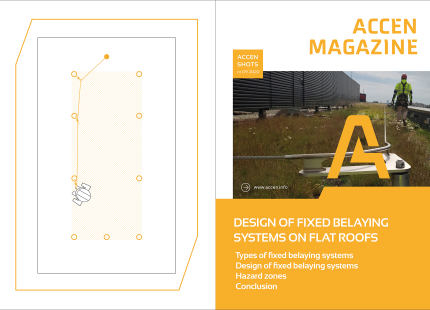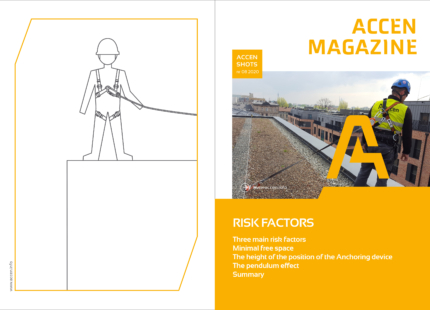
Hierarchy of fall protections
Ensuring safety when working at height is of the utmost importance, both for the employer and for the employee. When organizing and performing work at height, we should be guided by the highest level of safety for those who do such work. The hazard of from a height should be eliminated first. If this is not possible, reduce to an acceptable level with appropriate passive protection measures, followed by active protection measures.
The basic principle to be borne in mind when undertaking work at risk of falling is the hierarchy of selection of protective measures.
Fig.1. Hazard elimination, Fig. 2 Collective fall protection system
Fig.3. Restraint system, Fig.4 Fall arrest system
01.Hazard elimination
The best and recommended way to exclude risks associated with falls from heights is to eliminate the need for work at heights at the design and planning stages. This approach is possible in the design phase of buildings, machinery, and other places to which the employee will need access. Where this is not possible, an alternative solution will be, for example, the use of ground level robotic workstations, the use of tools on poles and booms or the use of drones.
There is no safer, more effective way to protect an employee from falling than simply removing the risk of falling. If there is no danger, there is no risk of falling.
02.Collective fall protection system
If work at height cannot be avoided, the use of passive protective measures in the form of collective protection measures should be considered. These include safety barriers that simultaneously protect more people without the need for additional safety equipment and do not require training in use. Protective barriers prevent workers from crossing the fall hazard zone, which is the preferred safety system.
03.Restraint system
Where it is not possible to use collective protection equipment, personal protective equipment must be used to prevent falls from a height. This requires the employee to have specialist training and to use belaying equipment configured as a limited work system. A characteristic feature of such a solution is the use of a component connecting the user with an anchor device of sufficient length to limit his access to the fall hazard zone. With this type of systems, the issues of free fall, fall injuries and rescue operations are practically eliminated.
04.Fall arrest system
In the hierarchy of all measures to prevent a fall, the fall arrest system should be used last. Its use involves the potential possibility of a fall and its consequences. The purpose of such a system is to stop the fall within the permissible impact force while maintaining a free fall path. It is absolutely necessary for an employee to be trained in the use and configuration of personal protective equipment to prevent falls. The development of a rescue plan will also be an important factor in the organisation of work.
















